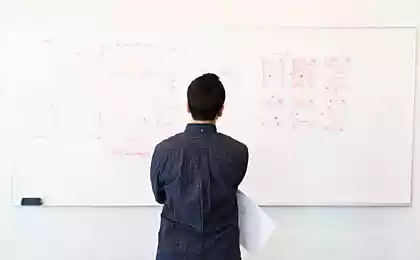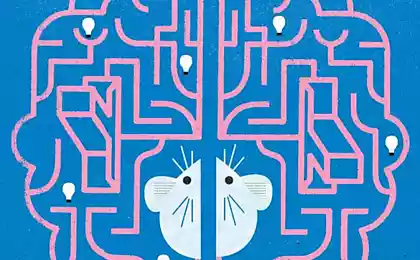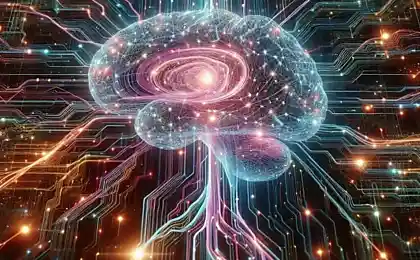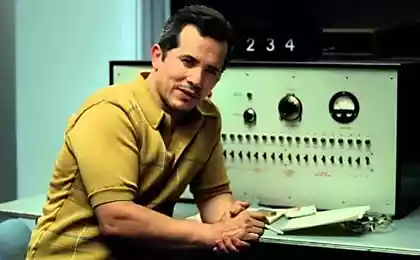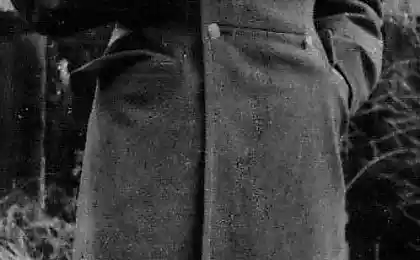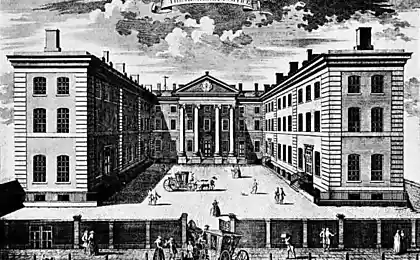458
Psychologists have figured out why, leaving the room, we forget why we went

Three psychologists from the University of Notre Dame published a study under the unusual title "a Passage through a doorway causes forgetting". In it, researchers using videogames and virtual reality checked real effect, which is known to almost everyone.
Imagine that you decide to do something, for which you need to pass in the other room. For example, drink a glass of water in the kitchen. You got up, went into the kitchen, and suddenly realize that you forgot why you went. A familiar situation? Psychologists know this effect.
We usually try to explain this annoying fact that our thoughts were occupied with something else, or what we wanted to do was not too important to us, or we just on something distracted. But the researchers decided to study this question with a scientific approach.
In the first part of the experiment, subjects played a video game. In a simple three-dimensional environment and they had to take from the table in the room a geometric object and "include" it on another table. The player then put on the table brought the object and took the other. While moving between the tables object is not visible to the player – he was in the "backpack".
Sometimes another table was in the same virtual room, sometimes in another room, but at the same distance. To go to another room, players needed to pass through the doorway. As you may have guessed, sometimes players suddenly asked what object they have in a backpack. Surprisingly, but the players that have passed through the doorway, answered this question much worse.
The second part of the experiment took place in a real room with real objects. Subjects, moving among the tables, wearing the objects in the boxes. And it worked the same effect when passing through a doorway to memory is denied more often.
The question arises – after all, the fact that a person passes through the door, and therefore forgets or it is just easier to remember his task, being in the same room where he set himself? That is, does the memory of context and environment? To test this, experimenters have made another virtual reality, where the subjects also wore objects between tables. But go out of doors, they sometimes got into the other room and sometimes in the same whence I came out. But in any case, it appeared that doorways play a frightening role. The context, that is, a return to the same room, solved nothing.
Conclusion psychologists are the following: it seems that memory affects not only the concentration and importance of the task. From memory there is a dependence of events – as described by psychologists, the "event model". The brain stores information as long as it remains relevant. When, in the opinion of the consciousness, the information becomes outdated it will be removed to make room for the new.
Event connected with the leaving room, where he was assigned the task leads to the release of "place" in memory for new data and the old data is considered "obsolete". The same events may be other things – a knock at the door, the completion of some complicated tasks, highly distracted you.
The amount of RAM is limited, so instead of trying to keep in mind all at once, man all the time makes place for something new. Record! published
Source: m.geektimes.ru/post/250892/



